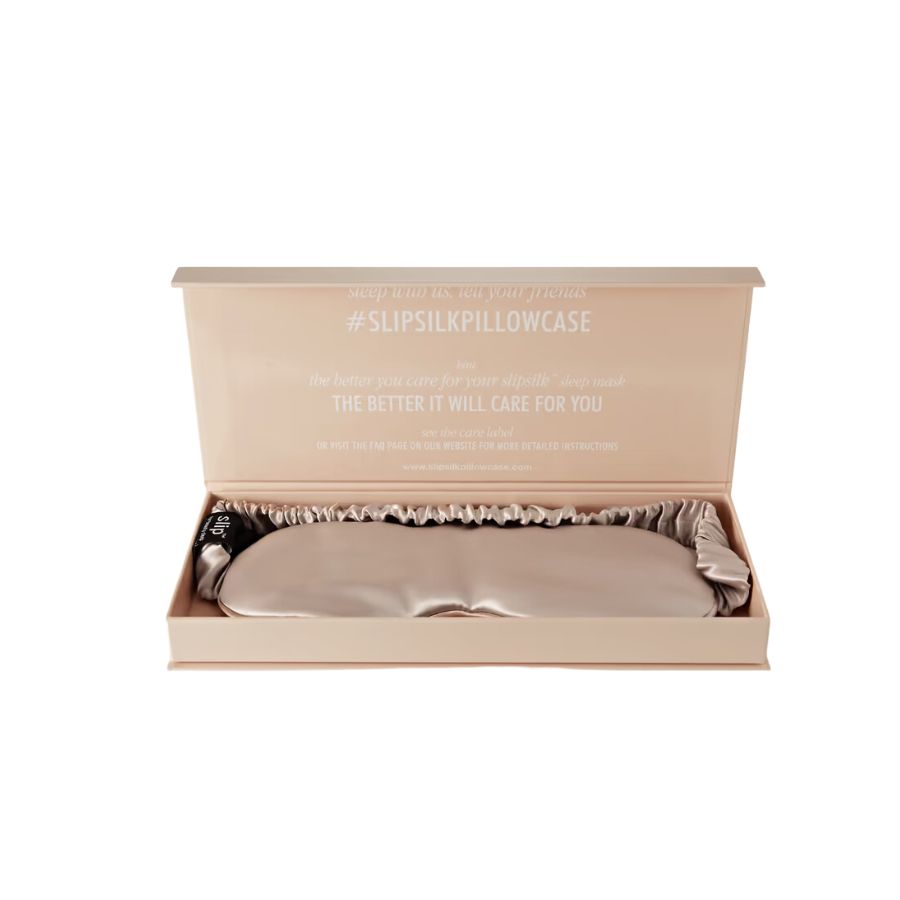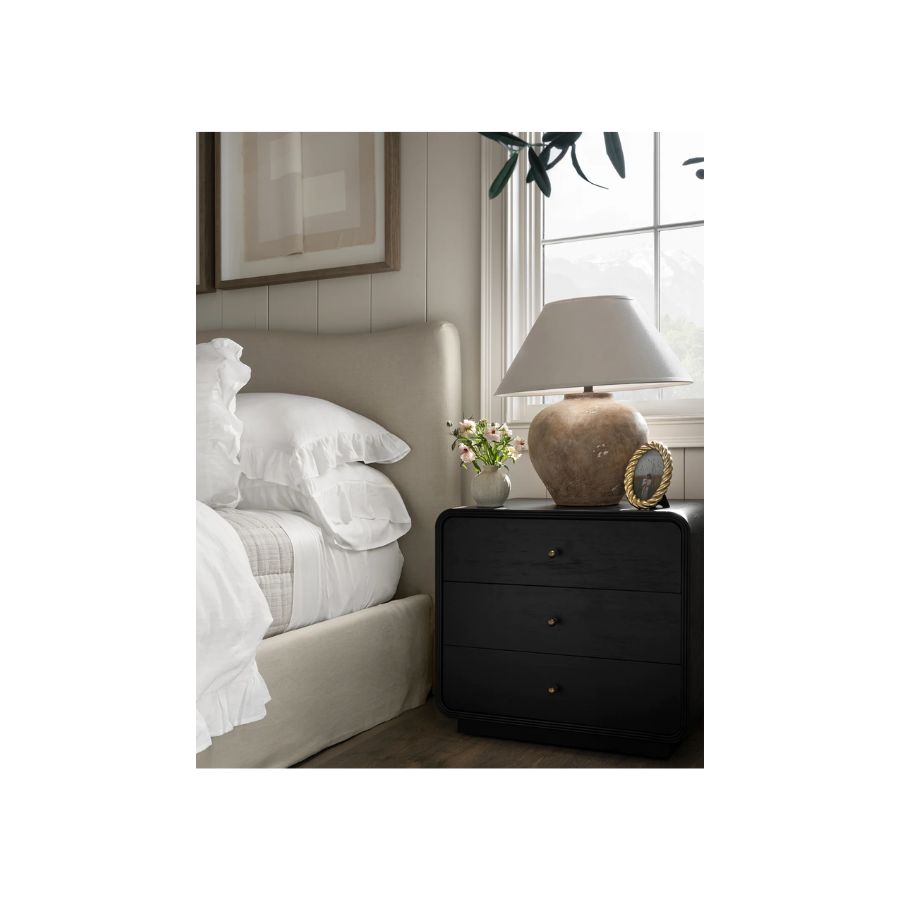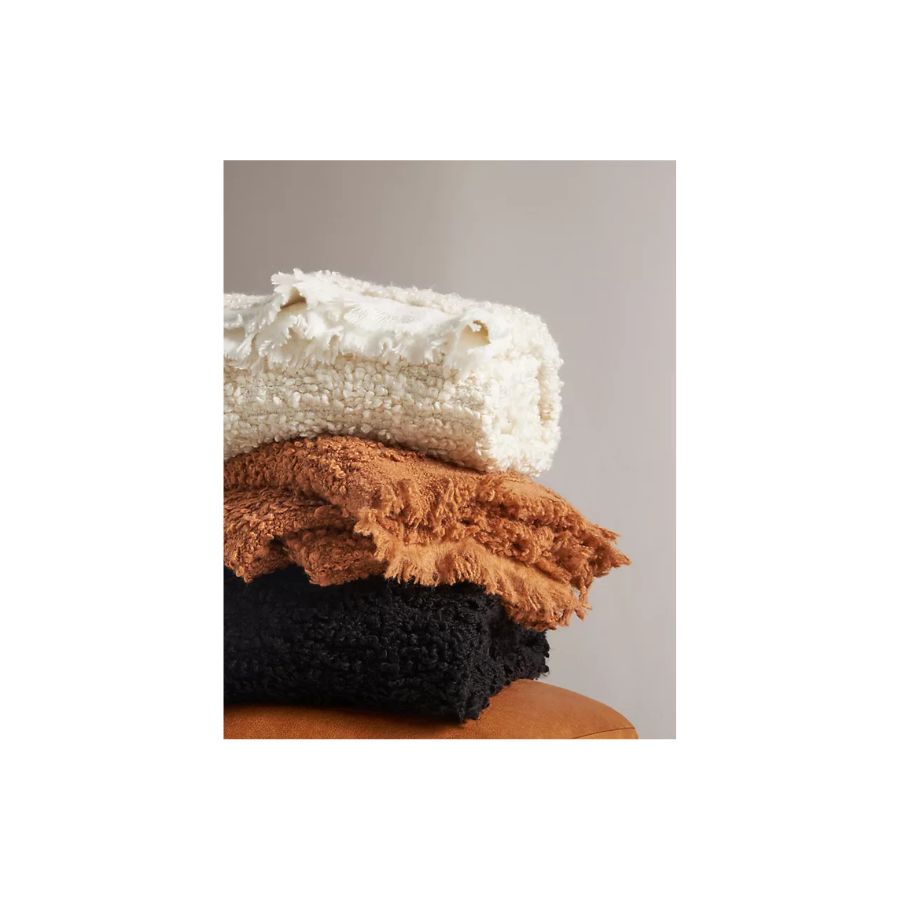The "bed rotting" trend is as bad for you as it sounds, and experts say it might be disrupting your sleep
TikTok’s latest trend encourages us to stay in bed for extended periods of time as a form of self-care. But sleep experts warn against it - here’s why
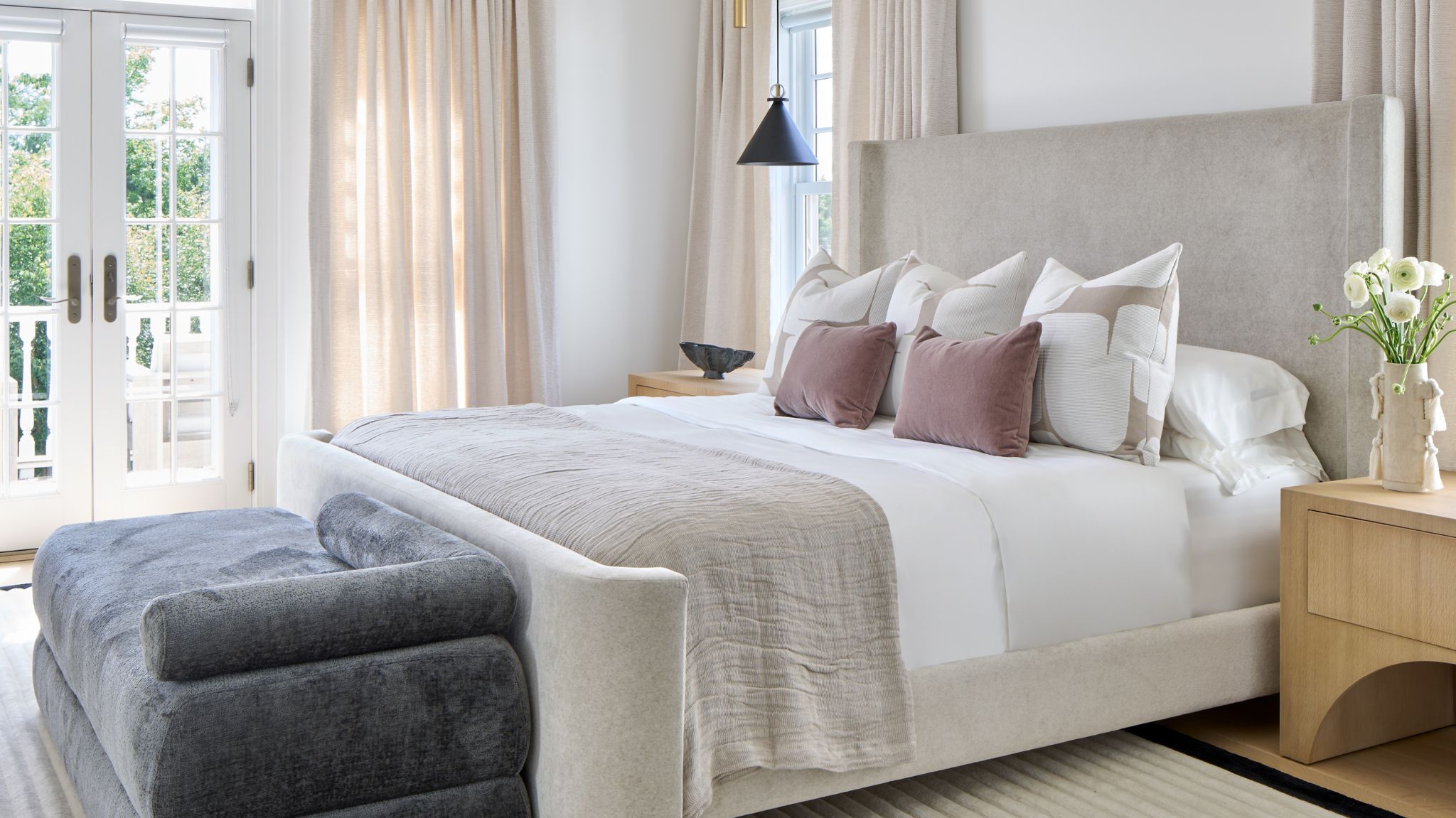
The Livingetc newsletters are your inside source for what’s shaping interiors now - and what’s next. Discover trend forecasts, smart style ideas, and curated shopping inspiration that brings design to life. Subscribe today and stay ahead of the curve.
You are now subscribed
Your newsletter sign-up was successful
The latest in Gen Z-backed self-care trend is a point made against today’s super hectic world. It’s a manifesto against always keeping busy and active and instead encourages us to lie down in bed and take a well-deserved break. According to TikTok, ‘bed rotting’ is what we should be doing to slow our bodies right down.
In all honesty, on first hearing the term ‘bed rotting’, it does not sound particularly pleasant or like anything I would ever like to do. For a day once in a blue moon, or when recovering from illness, I see the appeal, but other than that experts agree that this bedroom trend is really not the best of ideas, and we shouldn't be doing it. Here’s what they tell me.
What is "bed rotting"?
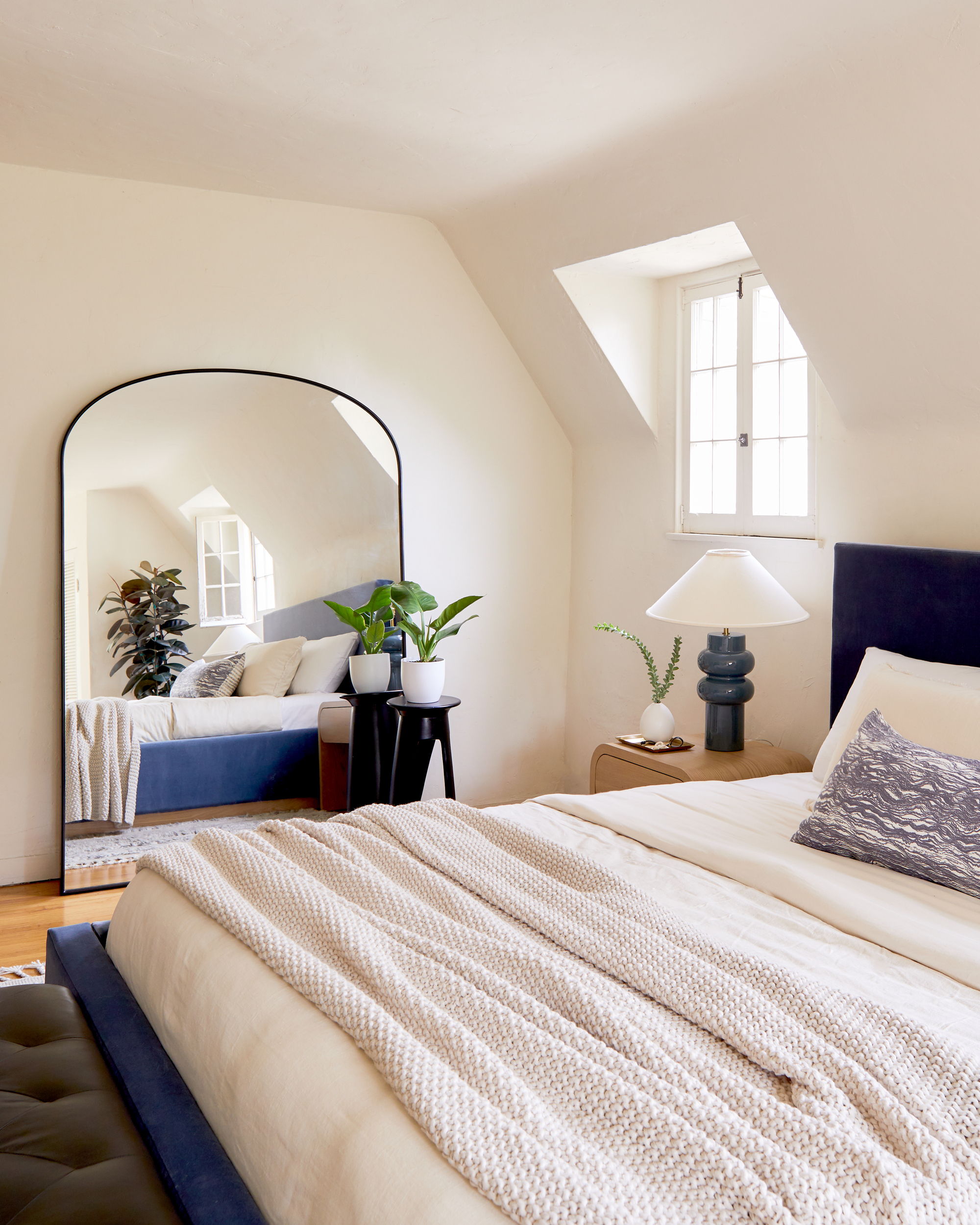
Essentially ‘bed rotting’ means choosing to stay in bed all day and enjoying passive activities like scrolling through social media, watching TV, and eating, as a form of self-care. It’s a way of saying no to a world focused on constant productivity and choosing to be unproductive instead. I get the point but with all its good intentions, it might actually achieve the opposite. Even if your room is decorated with the most beautiful bedroom ideas out there, it's still best to limit your time spent in bed.
‘The concept of lying in bed for long periods of time could be helpful if you're getting over an illness, but if you're healthy, this could actually do more harm than good for multiple reasons,’ Jill Zwarensteyn, editor for sleepadvisor.org and a certified sleep science coach, tells me.
Here’s why you shouldn’t do it
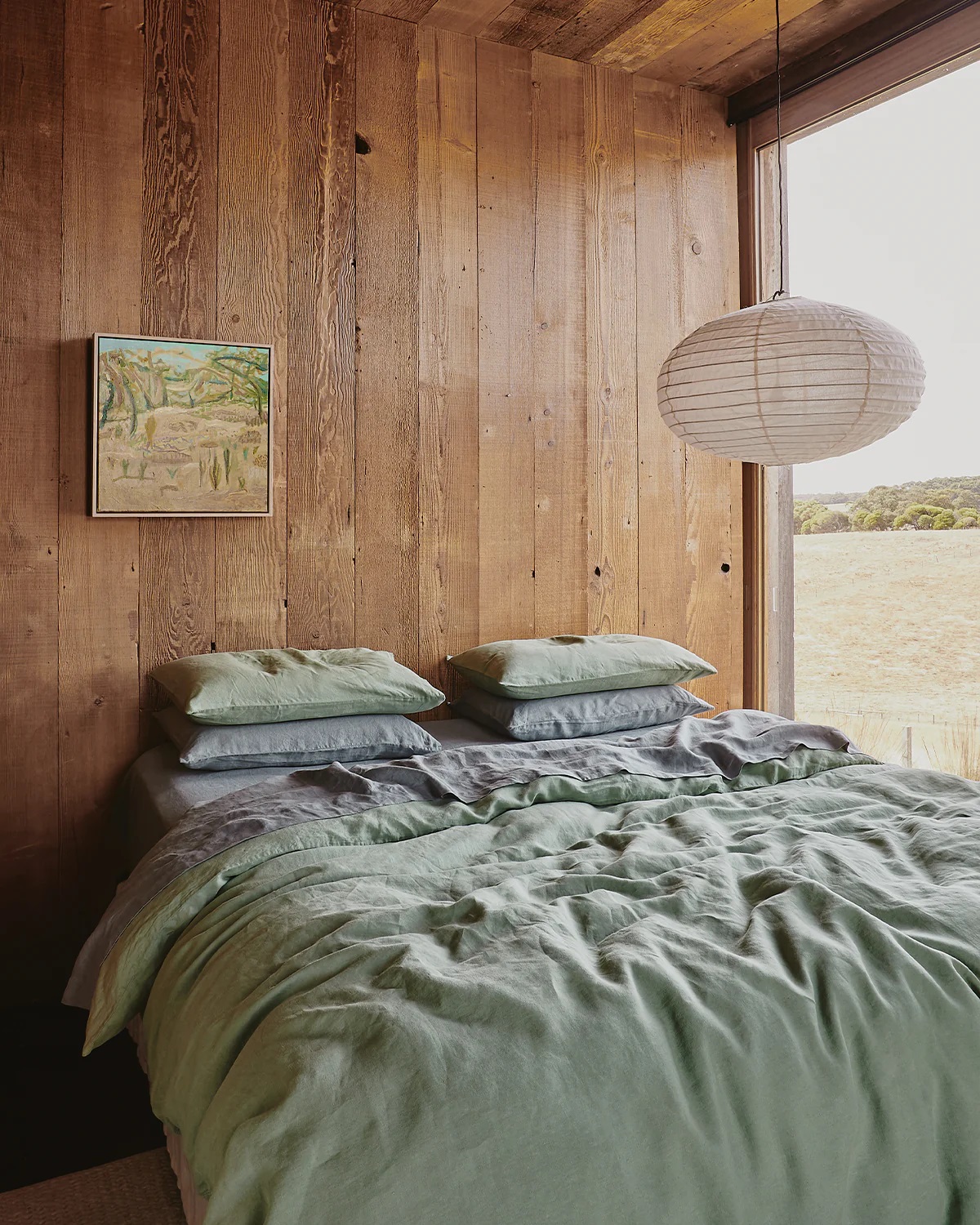
While the idea behind ‘bed rotting’ might sound tempting (not the name, that just doesn't do it any favors really), sleep experts advise against it.
‘While it offers relaxation and personal space benefits, potential drawbacks include disrupted sleep patterns, blue light exposure, physical discomfort, and a psychological association between wakefulness and the bed,’ Dr. Shelby Harris, Director of Sleep Health at Sleepopolis, tells me.
Associating our bed with activities other than sleeping and intimacy can give the wrong signals to our brains. ‘This disrupts the established association between the bed and sleep. Engaging in stimulating activities, exposure to blue light and irregular sleep schedules can all contribute to difficulties in transitioning into a sleep-ready state,’ adds Dr. Harris.
The Livingetc newsletters are your inside source for what’s shaping interiors now - and what’s next. Discover trend forecasts, smart style ideas, and curated shopping inspiration that brings design to life. Subscribe today and stay ahead of the curve.
Jill Zwarensteyn explains that if you're spending time in bed scrolling through social media, watching TV, or even doing work on your laptop, these activities could cause feelings of stress or impact your melatonin production at night from the blue light these devices emit. ‘While associating your bed with feelings of stress could hinder sleep, the impact on melatonin production is also detrimental to sleep. At night, our bodies naturally produce more melatonin to help us prepare for sleep. However, the blue light from devices like cell phones, TVs, and computers can suppress this melatonin production and leave us feeling less tired.’
When it comes to bedroom lighting, avoid harsh overhead lights, and the blue light from your devices, and go for warm low-level lamps instead.
Try this instead
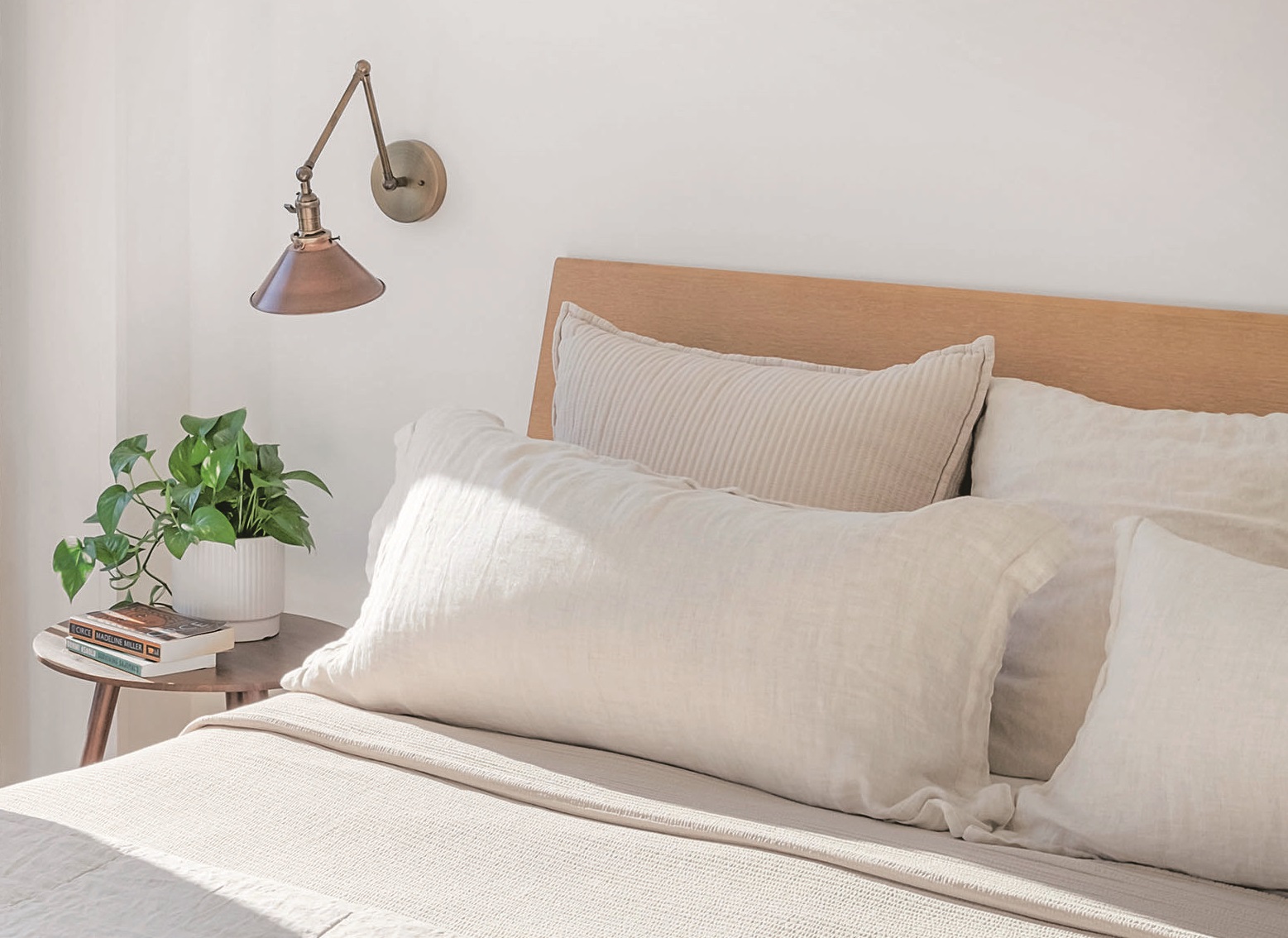
While it’s good to rest and give your body the time it needs to recover from stress, in the long run, it’s more beneficial to remain active.
‘It's important to remain active, not just for your physical health, but also your mental health. Plus, regular exercise is linked to better sleep. If you're in bed for most of the day, you may wind up napping more, which could make it harder for you to sleep at night, creating a problematic sleep schedule,’ explains Jill.
The experts agree that the bed should be prioritized as a place for nighttime rest, in order to achieve a good, healthy sleep pattern. ‘Striking a balance and practicing moderation is essential to avoid compromising overall health and sleep quality,’ adds Dr. Harris.
If you have trouble sleeping, changing your bed sheets more often, or using a lavender pillow spray might help.
Try these buys to create the perfect sleep environment
Raluca formerly worked at Livingetc.com and is now a contributor with a passion for all things interior and living beautifully. Coming from a background writing and styling shoots for fashion magazines such as Marie Claire Raluca’s love for design started at a very young age when her family’s favourite weekend activity was moving the furniture around the house ‘for fun’. Always happiest in creative environments in her spare time she loves designing mindful spaces and doing colour consultations. She finds the best inspiration in art, nature, and the way we live, and thinks that a home should serve our mental and emotional wellbeing as well as our lifestyle.
